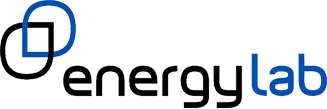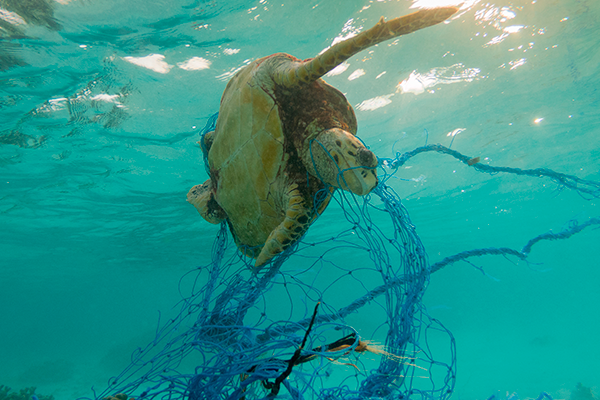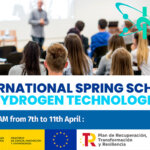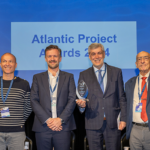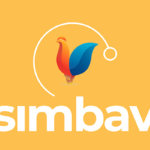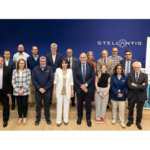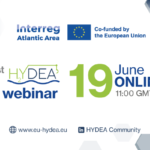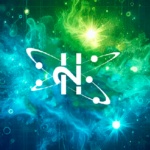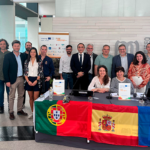Plastic pollution represents a global threat that endangers the health and restorative capacity of the oceans, as well as affecting aquatic ecosystems and the species that inhabit them. It is estimated that 94% of the plastic that enters the ocean ends up on the seabed, and plastic waste has been detected in all marine habitats. As a result, concern has grown about the risks to marine fauna from exposure to different forms of plastic waste, which has stimulated new research into the scope and consequences of plastic pollution in the marine environment.
For this reason and with the mission of promoting environmental responsibility and the circular economy, the POLYBRIS project was born, which promotes the recovery of plastic waste present in marine litter for its valorisation in products that contribute to the ecological balance of the marine environment, all through circular alternatives and with a local participatory approach. This project is being developed in collaboration with the Fundación Biodiversidad of the Ministerio para la Transición Ecológica y el Reto Demográfico, through the Pleamar Programme, and is co-financed by the European Union through the EMFAF (European Maritime, Fisheries and Aquaculture Fund). It is coordinated by EnergyLab and is being developed together with the Cabildo Insular de Tenerife and the Instituto de Investigacións Mariñas, which belongs to the Agencia estatal del Consejo Superior de Investigaciones Científicas (IIM-CSIC).
The main objective of the project is to obtain value-added products through technologies based on optimised thermochemical processes such as pyrolysis, hydrothermal carbonisation (HTC) and gasification. The different possibilities of use will be evaluated based on the characteristics of the different products obtained. For example, the use of carbonaceous material for the elimination of organic and inorganic contaminants derived from economic activities linked to the sea, such as water generated in bivalve mollusc purification plants, fish farms, or marine product processing plants. This is one of the most notable innovative features of the project.
The main focus established by the POLYBRIS project will be developed through 5 activities:
- Promote and disseminate local innovation among entities in the fishing sector by changing ways of doing or thinking about the collection of marine litter.
- Selection and characterization of waste of interest based on the thermochemical process applied.
- Develop specific thermochemical valorization processes (pyrolysis, HTC, gasification) of plastic waste present in marine litter through new lines of valorizable products.
- Achieve the use of marine waste composed of plastics through optimized thermochemical valorization processes, through actions aimed at the evaluation of contaminants present in the value chain of maritime-fishing activities.
- Evaluate the environmental impact and economic viability of implementing recovery actions through actions aimed at visits to entities related to the fishing sector to assess waste generation.
POLYBRIS is an innovative project that has the participation of large scientific organizations, as well as fishing and aquaculture communities in Galicia and the Canary Islands. The development of projects such as this one, which guarantee environmental protection, are the key to continuing to strengthen the interest of professionals in the sector in the protection and conservation of the marine environment.
